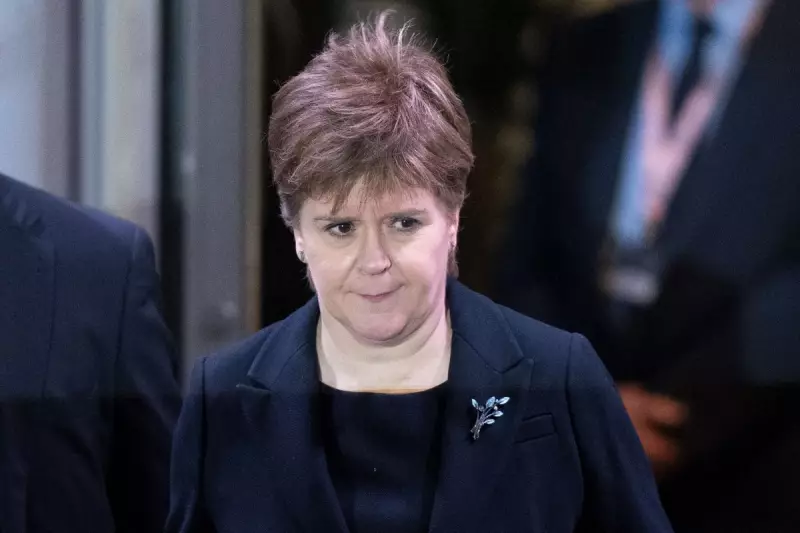
The Scottish Government operated without a genuine strategy during the crucial early stages of the Covid-19 pandemic in 2020, according to damning findings from the UK Covid-19 Inquiry released on Thursday 20 November 2025.
Inadequate Planning and Delayed Escalation
Baroness Heather Hallett's comprehensive report, spanning more than 700 pages, delivered a stark assessment of government decision-making during the crisis. The investigation concluded that the devolved administrations' initial response was "inadequate" and demonstrated excessive dependence on the UK Government in Westminster.
The inquiry revealed that it took until the end of January 2020 for the emerging threat to reach Scotland's Cabinet for discussion, indicating a significant delay in escalating the matter to the highest levels of government. This slow response occurred despite growing international concerns about the virus throughout January.
Contradictory Evidence and Missing Strategy
Former First Minister Nicola Sturgeon had told the inquiry that "a considerable amount of work" had been conducted between January and March 2020 to prepare for a potential pandemic. She noted that the Scottish Government Resilience Room (SGoRR) - Scotland's equivalent to the UK Government's Cobra meetings - had been activated during this period.
However, the inquiry report presented a contrasting picture, stating clearly that "in this early period, there appears to have been no real strategy other than monitoring the situation." This fundamental lack of strategic planning left Scotland significantly underprepared for the devastating waves of infection that would follow.
Over-reliance on Westminster and Power Limitations
The report acknowledged that devolved administrations were entitled to seek advice from the UK Government when facing an unknown common threat. Nevertheless, it found that "the devolved administrations became too dependent on the UK government response," resulting in each being "significantly underprepared for what was to come."
When questioned about this dependency, Ms Sturgeon defended her government's position, explaining that financial constraints and power limitations necessitated some reliance on Westminster. "I couldn't have taken Scotland unilaterally into lockdown because I did not have the financial powers to introduce, for example, a furlough scheme," she told journalists at the Scottish Parliament.
The former First Minister did acknowledge with hindsight that earlier action would have been preferable, specifically mentioning that lockdown should have been implemented "at least a week earlier than it was." However, she maintained that decisions were made based on the best available information and advice at the time, rather than negligence.
Internal Warnings and Expert Concerns
The inquiry also highlighted concerns raised by epidemiologist Professor Mark Woolhouse, who repeatedly contacted then Chief Medical Officer Dr Catherine Calderwood about Scotland's lack of preparedness. Professor Woolhouse grew so frustrated with the responses from Dr Calderwood - who later resigned after breaching lockdown restrictions - that he sought intervention from former English chief medical officer Professor Dame Sally Davies.
Despite these internal warnings, Ms Sturgeon defended Dr Calderwood's response, stating she "took (the virus) seriously" and ultimately accepting that "the buck stopped with me" regarding Scotland's pandemic management.
The report's findings paint a picture of systemic failure in early pandemic planning, with delayed responses and insufficient independent strategy development having potentially serious consequences for Scotland's ability to manage the emerging health crisis effectively.






